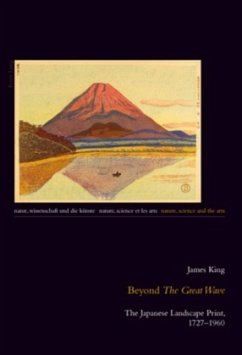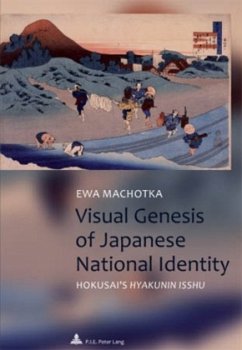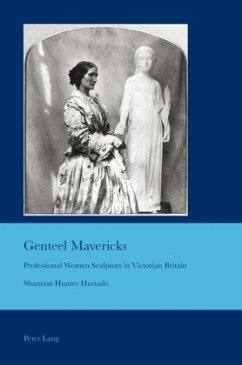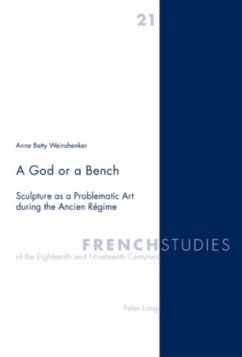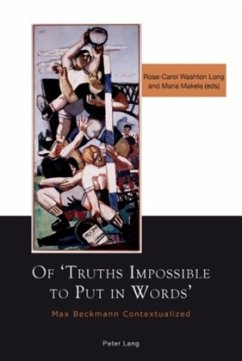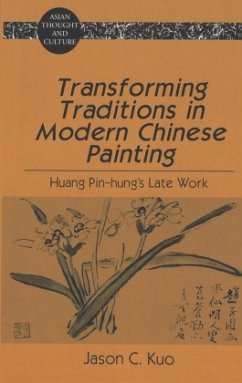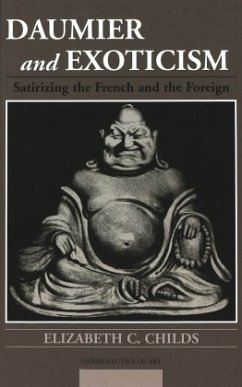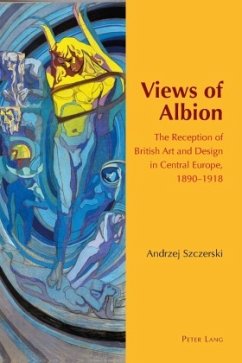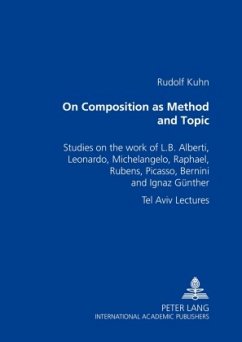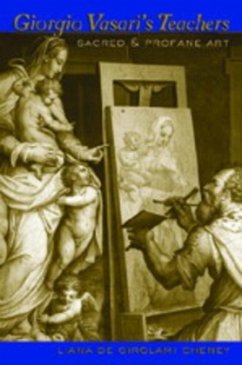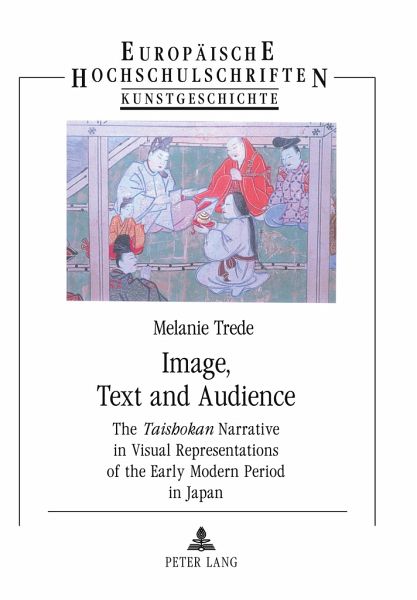
Image, Text and Audience
The "Taishokan" Narrative in Visual Representations of the Early Modern Period in Japan
Versandkostenfrei!
Versandfertig in 6-10 Tagen
92,95 €
inkl. MwSt.

PAYBACK Punkte
0 °P sammeln!
Image, Text and Audience is the first book dealing with paintings related to Taishokan, the most popular ballad-drama of the 16th century. Key narrative elements in the story include the transmission of a magic jewel from China to Japan and the succession of the Fujiwara family. The narrative provided motifs for historical accounts, Buddhist proselytising texts, a nô play, puppet theatre plays, and satirical novels of the 18th century. This lavishly illustrated book is of interest to scholars of various disciplines including art history, literature, and religious studies. It offers the first ...
Image, Text and Audience is the first book dealing with paintings related to Taishokan, the most popular ballad-drama of the 16th century. Key narrative elements in the story include the transmission of a magic jewel from China to Japan and the succession of the Fujiwara family. The narrative provided motifs for historical accounts, Buddhist proselytising texts, a nô play, puppet theatre plays, and satirical novels of the 18th century. This lavishly illustrated book is of interest to scholars of various disciplines including art history, literature, and religious studies. It offers the first annotated translation of the 1632 printed edition of the Taishokan and analyses painted versions on screens, scrolls, fans and manuscripts based on critical concepts and methodologies. The importance of the painting medium in shaping the visual content of each work is a pivotal aspect discussed in the book, along with questions of patronage, reception and gender.



